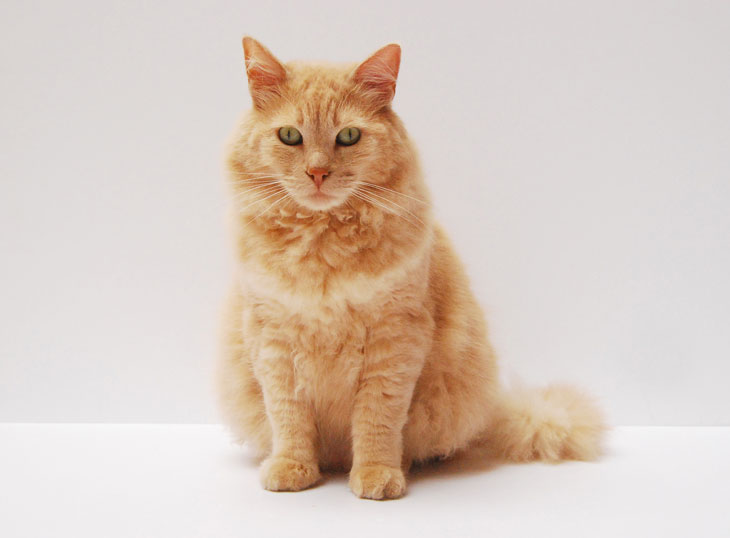
Feline Lower Urinary Tract Disease
Wednesday, August 1, 2018
Feline lower urinary tract disease (FLUTD) refers to a variety of conditions that affect the bladder and urethra of cats.
While FLUTD can occur at any age, according to the American Veterinary Medical Association, it is usually often seen in middle-aged, overweight cats that get little exercise, use an indoor litter box, have little or no outdoor access, or eat a dry diet.
Major signs of FLUTD include:
- Straining to urinate
- Urinating small amounts
- Frequent and/or prolonged attempts to urinate
- Crying out while urinating
- Excessive licking of the genital area
- Urinating outside the litter box
- Blood in the urine
Causes of feline lower urinary tract disease vary. Emotional or environmental stress, multi-cat households, and abrupt changes in daily routine may increase the risk that a cat will develop FLUTD.
Urinary stones in the bladder and/or urethra may cause FLUTD.
Infection of your cat’s urinary tract with bacteria, fungi, parasites or possibly even viruses can also cause signs of FLUTD.
The most serious problem associated with urinary function is when a cat’s urethra becomes partially or totally blocked. This is a medical emergency. Cats with urethral obstruction must receive immediate veterinary care.
Feline idiopathic cystitis is the most common diagnosis in cats less than 10 years of age with lower urinary tract disease. This disease is not fully understood and may involve several body systems in addition to the urinary system.
Depending on the underlying cause of FLUTD, try these things at home to help reduce the chances of recurrence:
- Feed small meals frequently
- Consult your veterinarian about the best diet for your cat
- Provide clean, fresh water at all times
- Provide an adequate number of litter boxes (one more than the number of cats in the house)
- Keep litter boxes in quiet, safe areas of the house
- Keep litter boxes clean—scoop twice a day and change litter weekly or more as needed
- Minimize major changes in routine
- Reduce stress
As always, regular wellness visits to your veterinarian can help catch major problems early on.
STORY BY: Elisabeth J. Giedt, DVM
MEDIA CONTACT: Taylor Bacon | Public Relations and Marketing Coordinator | 405-744-6728 | taylor.bacon@okstate.edu
